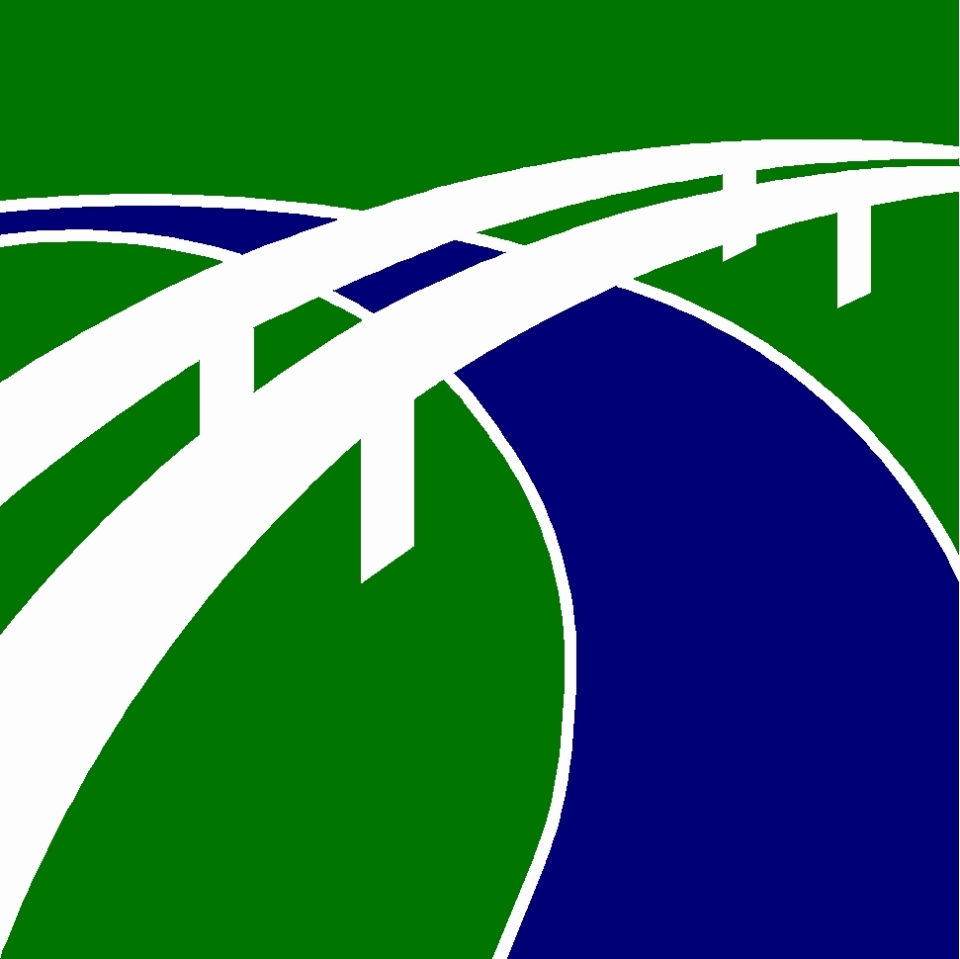General Maintenance
1. All stormwater pipes, inlets, catch basins, manholes, flumes, pond inflow and outfall structures (including oil skimmers), and discharge pipes should be inspected on a regular basis (monthly or quarterly) and after major rainfalls. They should be maintained by removing built-up debris and vegetation on a regular schedule and repairing deteriorating structures.
2. Chemicals, oils, greases or similar wastes are NOT to be disposed of directly to the stormwater facility or through storm sewers. Treatment ponds are designed to treat normal road, parking lot, roof and yard runoff only. Some chemicals may interfere with a treatment pond’s functions or kill vegetation and wildlife. Dispose of these potentially dangerous materials properly by taking them to recycling facilities or to collection locations sponsored by many local governments.
Also, do not dispose of grass clippings in a pond. Grass clippings pose problems by smothering desirable vegetation, clogging outfall structures and, when they decompose, may cause unsightly algae blooms that can kill fish.
3. Accumulated pond sediments may contain heavy metals such as lead, cadmium and mercury, as well as other potentially hazardous materials. Therefore, sediments removed from storm sewers, inlets, pipes and ponds should be disposed of at an approved facility (check with your county Solid Waste Department or the Florida Department of Environmental Protection for disposal facilities approved to accept treatment pond sediment).
4. During any repair or maintenance activity, use care to avoid causing erosion or siltation to adjacent or off-site areas.
5. Remember, alterations (filling, enlarging, etc.) of any part of the stormwater facility is not permitted without prior approval from all applicable governing agencies.
6. The approved Operation and Maintenance Permit and as-built drawings are available at your local District service office. Refer to those plans and permits or additional restrictions, instructions and conditions.
7. It is usually more cost-effective to monitor and perform routine maintenance on a pond, rather than let it fail and have to reconstruct the entire system.
8. Mosquito growth can be minimized in a pond by the following measures:
- Do not dump grass clippings or other organic debris into a pond — decaying grass clippings and other decomposing vegetation create ideal conditions for breeding mosquitoes.
- Stock ponds with predatory “mosquito fish” – Gambusia minnows, which may be collected from other ponds and ditches and introduced into your pond. Remember, the introduction of grass carp into your pond will require District approval.
- Remove water lettuce and water hyacinth, which nourish and shelter mosquito larvae.
- Clean out any obstructions that get into the system. Debris can obstruct flow and harbor mosquito eggs and larvae.
